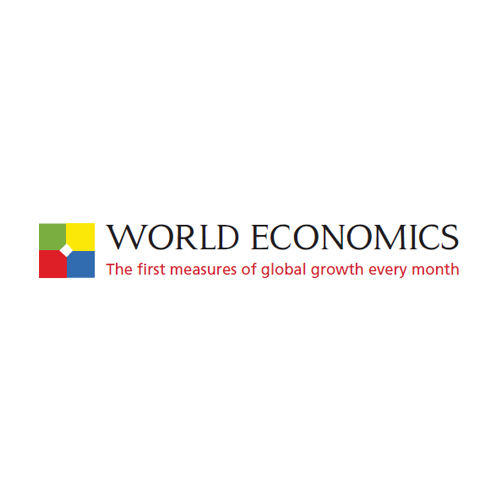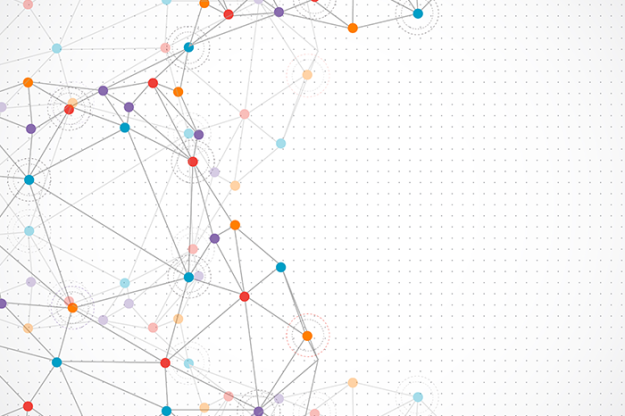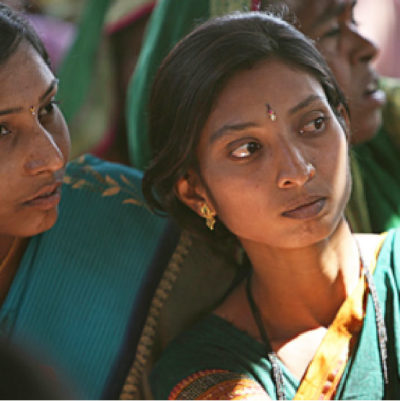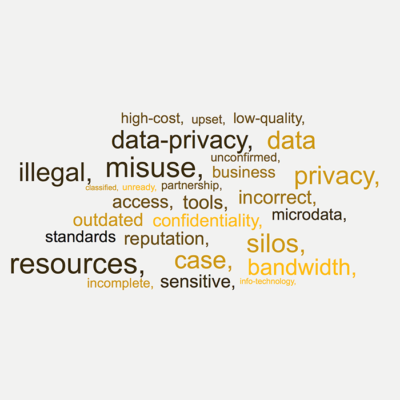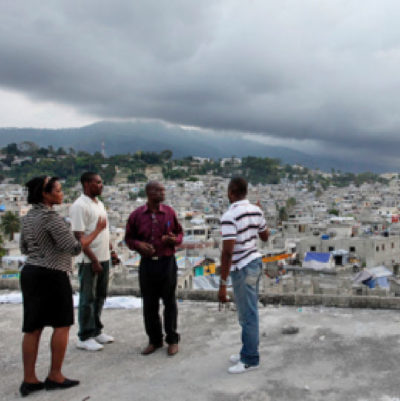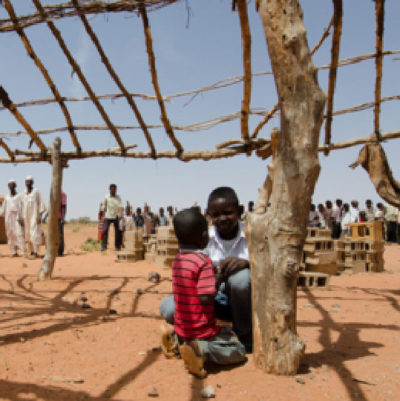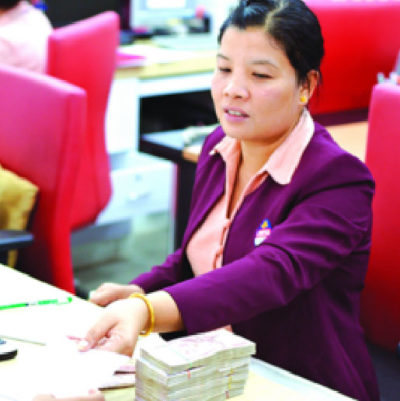DQI: Measuring Data Quality or Income?
World Economics has released a Data Quality Index (DQI), rating the quality of GDP estimates for 154 countries. The DQI is presented as a “new way to judge which countries (sic) GDP you can trust.” Therefore, it is striking, and perhaps ironic, that the DQI depends heavily on GDP.


